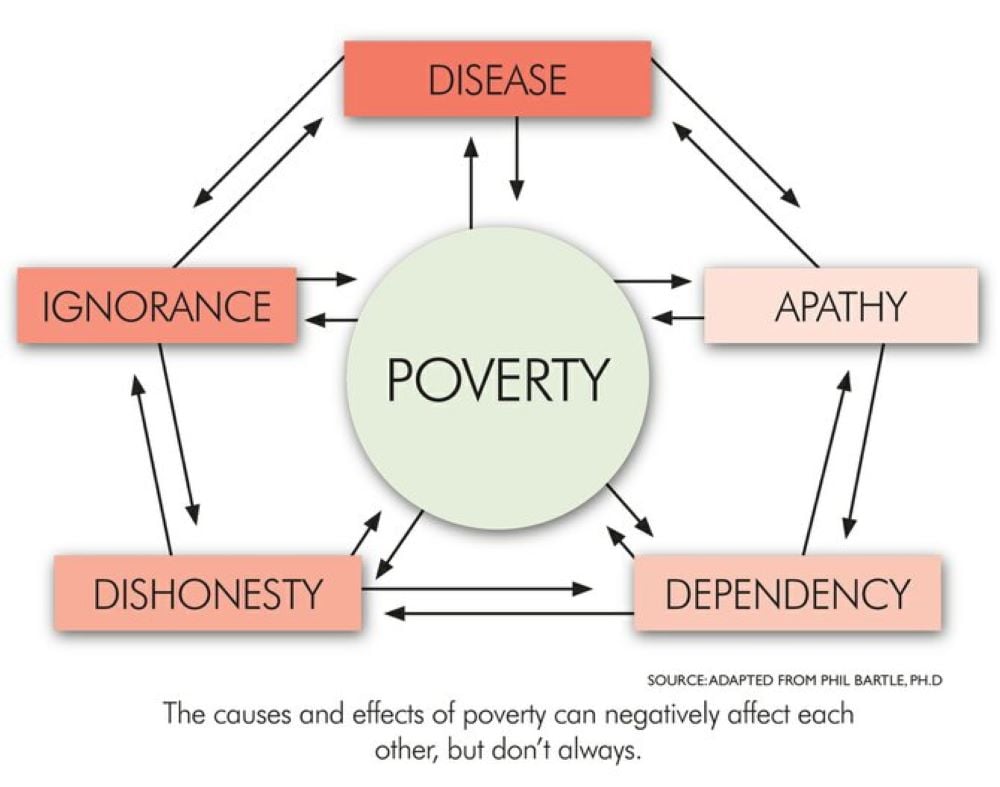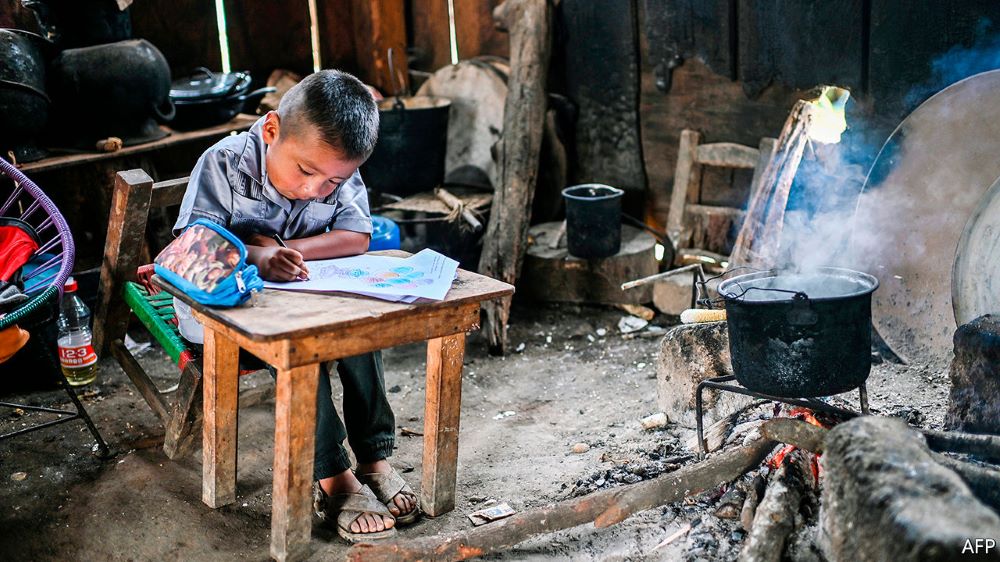Children who experienced living in poverty may not have equal opportunities as other children their age. One of the reasons why poor children are often left behind in this modern world is because they can’t afford even the simplest lifestyle. Their parents need to work double hard just to provide for the whole family.
Some research shows that poverty and child development are linked. However, the relationship between these two aspects is on the negative side. Children living in poverty are affected on a daily basis due to hunger, illness, instability, insecurity, etc.
There are different ways by which poverty affects child development may it be on the physical, emotional, or behavioral aspects. Here are some of the reasons how poverty and child development is linked.

Poverty Leads to Poor Physical, Emotional, and Behavioral Health
Poverty is not all about not being able to get the essentials of life, but it delivers a negative impact on the child’s health health and overall well-being. Children are prone to different illnesses.
Due to poverty, parents cannot provide their child with their medical needs and that may lead their sickness into a chronic illness. Studies show that children who have socioeconomic difficulties tend to have a shortened life expectancies.
In reality, poverty doesn’t directly affect the human biological system. However, as the child grows up, poor health is experienced that can later on be a cause of emotional and behavioral health.
Poor children usually experience a lack of food security; that’s why nutrient deficiency is common and it directly affects physical, emotional, and behavioral health.
Poverty Creates and Widens Achievement Gaps
A child growing up in poverty compared to their secure peers tend to fall behind in different aspects. The key areas where the gap is prominent is in terms of learning and gaining knowledge through academics. For toddlers growing up, they may have delayed speech and emotional development.
Poor children in school may have difficulty concentrating with their empty stomach, and they often feel stressed especially when there are assignments or requirements that can’t be completed due to lack of budget.
If this is the kind of environment a child is exposed to, there are high chances that they will no longer be motivated to go to a school that may lead to school dropouts.

Poverty Increases the Violence Children Witness and Experience Personally
Poor children are more likely to live in neighborhoods that also experience poverty. In a poor community, social and behavioral problems are commonly experienced. Crimes and violence are prevalent.
In this environment, there are high chances that a child can witness violence that may affect their emotional, psychological, and social well-being. When a child is constantly exposed to a toxic environment, they may become “detached” to the world, or worst, they may grow believing that violence is just okay.
Poverty Causes Neglect and Social Deprivation
Due to poverty, a child is deprived of a lot of things. Not only with their essentials but also with the way how their peers are treating them. In school, they prefer not to join some activities such as field trips because they don’t have the budget. The cases like these, cut the ties between the poor child and other people.
Conclusion
Poverty is harmful to children during the early years of their life. The most affected aspect of children development when there is poverty is education.
When talking about the child’s development, education is one of the most important aspects because this is where a child formally learns general knowledge about the things in his environment.







